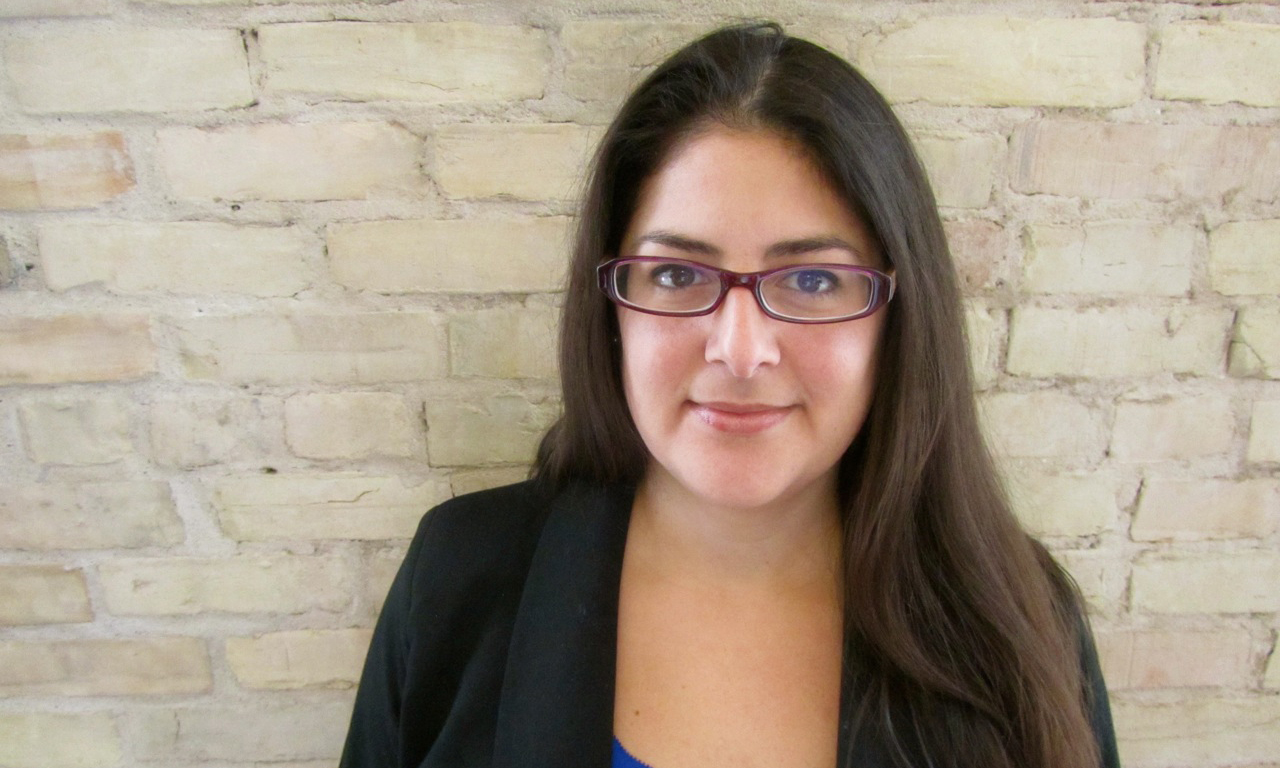
Ciencia Puerto Rico, a diversity outreach network founded and managed at Yale, was recognized as a “Bright Spot” in Hispanic education by the White House on Sept. 15.
In celebration of its 25th anniversary, the White House Initiative on Educational Excellence for Hispanics has honored initiatives across the nation that provide support for Hispanic scholars and students. CienciaPR, a web-based platform that connects more than seven thousand STEM-focused members who self-identify as Puerto Rican, was one of seventeen initiatives to receive an award in the STEM area. Executive Director Giovanna Guerrero-Medina said the initiative, which is entering its 10th year, will be exploring opportunities to expand its reach to other minority groups following this positive feedback.
“CienciaPR connects people who are interested in STEM and Puerto Rico with each other, as well as with resources and opportunities,” she said. “We are also studying to see how this model can be applied to other demographics.”
The Ciencia Initiative, which was the brainchild of Yale School of Medicine professor Daniel Colon-Ramos, is currently divided into CienciaPR and Ciencia Yale — an academic project that analyzes the results of CienciaPR. Ciencia Yale, which is housed in the Center for Teaching and Learning, has used results gathered from CienciaPR projects to identify the program’s best practices and opportunities for improvement. At Yale, Guerrero-Medina directs both initiatives.
Guerrero-Medina said she and her colleagues decided to submit an in-depth report on CienciaPR and Ciencia Yale after finding out about the opportunity to self-nominate for the White House recognition earlier this year. Following its recognition as a Bright Spot, CienciaPR will be part of a national catalog of over 230 programs, which focus on key education priorities for Hispanics set by the White House.
Colon-Ramos said that the initiative has evolved a lot in the past decade.
“When the project first started, I couldn’t even begin to imagine what it has become today,” he said, adding that he originally wanted to create a database of around 40 to 50 scientists.
Since its inception, Ciencia PR has become a global network, with members from over 50 countries and almost every state. These members include professors, scholars, graduate students, undergraduates and even members of the public who have expressed an interest in STEM and Puerto Rico. Members are connected with each other, and with job and research opportunities as well, according to Monica Feliu Mojer, the part-time project manager of Yale Ciencia and the vice director of CienciaPR.
“The nature of minorities in science is that there are far and few of these individuals at any given place,” she said. “They are isolated and geographically dispersed. CienciaPR is a neat tool to bring them together and connect them with resources.” She added that CienciaPR also gives members an opportunity to give back to Puerto Rican communities, a feature that first attracted her to the program in 2006.
Recently, CienciaPR has piloted Seeds of Success, a program that promotes interest in STEM among middle school girls. The initiative pairs female Hispanic STEM professors with young girls in Puerto Rico by hosting events and forging mentoring relationships.
Lilliam Casillas, a microbiologist who is involved with Seeds of Success, said she tries to encourage girls enrolled in the program to explore the computational aspect of biology.
“We teach them the importance of mathematics as the language of science, and how to face gender issues in a Latino culture where women [are expected to] follow traditional jobs like pediatricians, lab analysts in a company, nurses, which are all very feminine jobs,” she said in a Tuesday email to the News.
The Ciencia Initiative has also made use of its Yale connections. CienciaPR promotes Yale STEM programs to a more diverse audience through its network, Guerrero-Medina said. She added that the initiative may pilot a program similar to Seeds of Success in New Haven for the city’s students.
While the Ciencia initiative has pushed for diversity in STEM communities on Yale’s campus and beyond, Yalies interviewed said this remains very much a work in progress at Yale.
“My experiences in STEM classes have shown increasing levels of diversity, but there are improvements to be made,” Joana Andoh ’17, a Molecular Biophysics & Biochemistry major, said. “I have been taught and mentored by wonderful female lecturers and TAs but I have not had any STEM faculty of color.”
While she had not previously heard about Ciencia, she said the initiative seems to be very promising in promoting diversity, adding that she would participate in the program if possible.
Benjamin Bartolome ’16 had similar views about the lack of diversity of the STEM faculty at Yale, while also praising the Ciencia initiative for giving a voice to the underrepresented.
CienciaPR was incorporated and established as an independent nonprofit in 2010.







